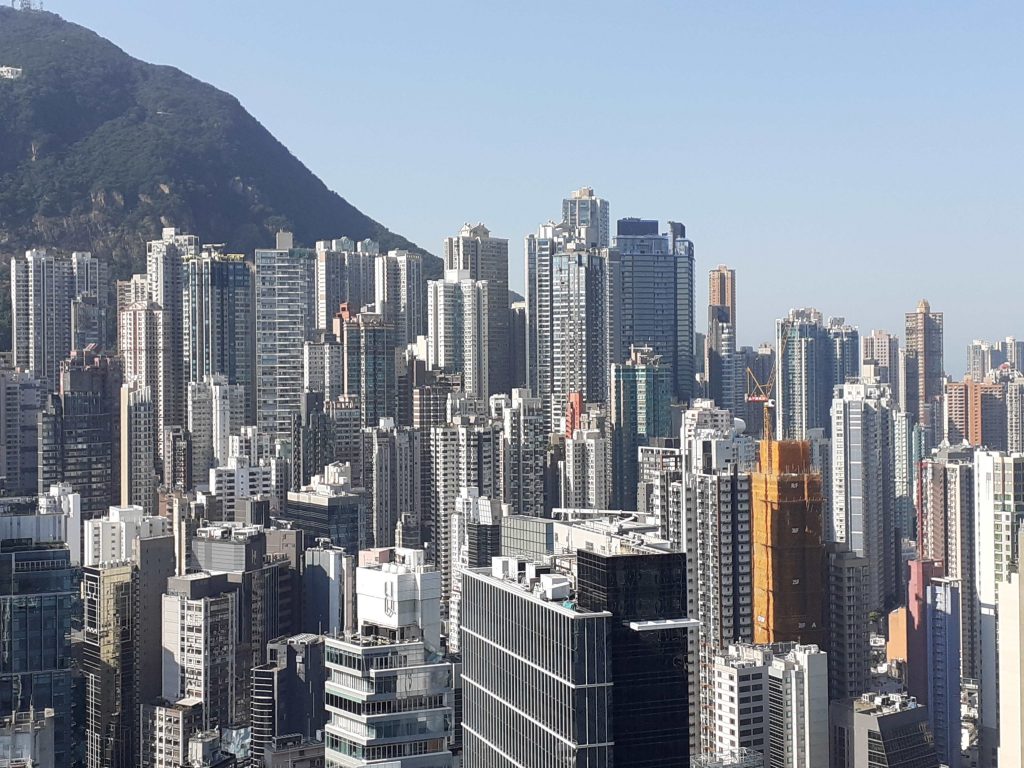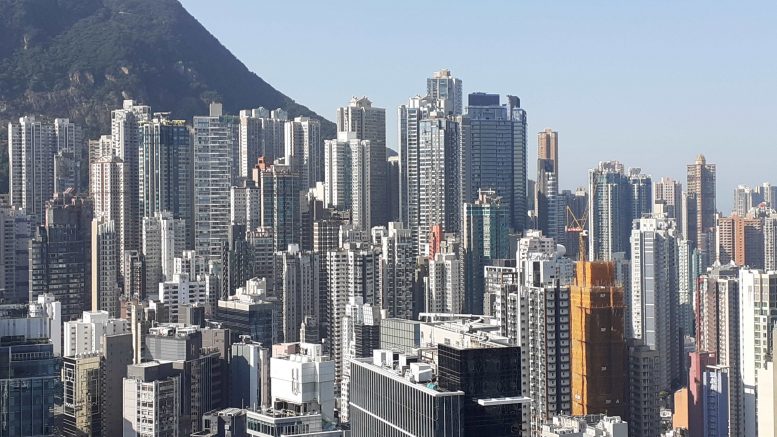
By Chris Yeung
One needs no crystal ball to be able to foretell the fortune of Hong Kong in the year 2024. Against the backdrop of external geopolitical and economic uncertainties and internal woes, even the most sanguine pundits will find it difficult to paint a rosy picture of the city in the next 12 months.
The chance of a return to normalcy, or the pre-2019 Hong Kong, looks slim. The city is bracing for perhaps a more difficult year. Inauspicious signs are already surfacing in the early days of 2024.
In yet another sign of the city’s weak property market, the Government has halted the sale of land for residential and commercial development in the next three months, or the last quarter of this financial year.
Secretary for Development Bernadette Linn attributed on Thursday the decision to poor response to tenders, admitting the market lacked “appetite” for land. But she stressed that halting sale of private residential and commercial sites in this quarter cannot “be said to reflect a lack of confidence in the market.”
The Government’s rare move, the first time it has done so in 13 years, has surprised the market. Steward Leung Chi-kin, Chairman of the Real Estate Developers Association, said the government move was unreasonable and went against market principles. He said the Government should let the market determine the price of land through public tenders.
Some industry figures said it was sensible for the Government to halt residential and commercial land sale in view of the market situation.
Forget about all the propaganda of the city “advancing from stability to prosperity”, the John Lee team has resigned to the reality that putting more residential and commercial sites on sale would be a risky bet if response of the market is poor, which looks more like a certainty than a probability.
Vacancy rate of commercial buildings at prime sites in Central has hit a double-digit figure. Earlier, sale of commercial sites at Kai Tak, which has been earmarked as the city’s second central business district (CBD), has been halted.
With uncertainty hanging over the new Kai Tak CBD plan, there are more questions raised about the viability of the trillion dollar-mark new Lantau development plan, which features another CBD on a new reclaimed area.
Commenting on the latest government land sale plan, the Chinese-language Hong Kong Economic Journal said in an editorial on Friday the Government should shelve the new Lantau project to avoid further depletion of the financial reserves and oversupply of housing.
With negative factors including the weak Chinese economy and high interest rate remaining in the near term, the overall economy and the property market are facing headwinds.
Continued migration and outflow of Hongkongers for spending in the mainland will further weaken the consumption market. Further improvement of cross-border travel, in particular more 24-hour open border checkpoints, will cause more hardship to the retail, catering and entertainment sectors.
In view of the inevitable trend of Hongkongers “going north” for value-for-money consumption and the political imperative of integrating with the Greater Bay Area, Chief Executive John Lee and his team are hoping to boost the number of mainland arrivals to revitalise the economy.
Media reports said he has put forward a set of proposals to the central authorities on ways to lure mainland visitors to purchase more goods and visit the city more frequently.
Whether mainland visitors will help rejuvenate the Hong Kong economy as they had done so in the aftermath of the Sars epidemic in 2003 is a big question mark. With more choices of travel destinations and the decline of Hong Kong’s attractiveness and high cost, hopes that a new influx of mainland visitors could spur the economy are unrealistic.
With the 18 revamped district councils starting to function on January 1, the building of an “all-patriots” political structure has been completed. Speaking to reporters before the December 10 district council election, Lee said he hopes there will no longer be “noise politics” (雜音政治)in the district body, apparently referring to dissenting voices.
Following the 2021 Legislative Council, the 18 district councils will be speaking virtually in one voice.
Constitutional development issues such as universal suffrage and electoral system will be buried. The issue of civil liberties, however, will be put on the political agenda when the legislative process of Basic Law Article 23 begins.
At a time when the trial of pro-democracy media mogul Jimmy Lai has put Hong Kong on the international spotlight, the Article 23 legislation looks set to cause more clashes between Hong Kong, Beijing and the Western governments.
More than three years after the implementation of the Hong Kong national security law, Hong Kong took a dive in the global ranking of human freedoms.
Even before a bill is published, the central and Hong Kong authorities have already begun rallying support from the “all-patriots” political structure, namely the civil servants, legislators and district council members, to ensure its smooth passage.
There is no crystal ball to foretell the danger of not learning the lesson of bulldozing the now-dead extradition bill in 2019. The price of turning a deaf ear to public opinion is unbelievable. Hong Kong cannot afford more political earthquakes.
This article was first published on Green Bean Facebook


Be the first to comment on "An inauspicious start of 2024"